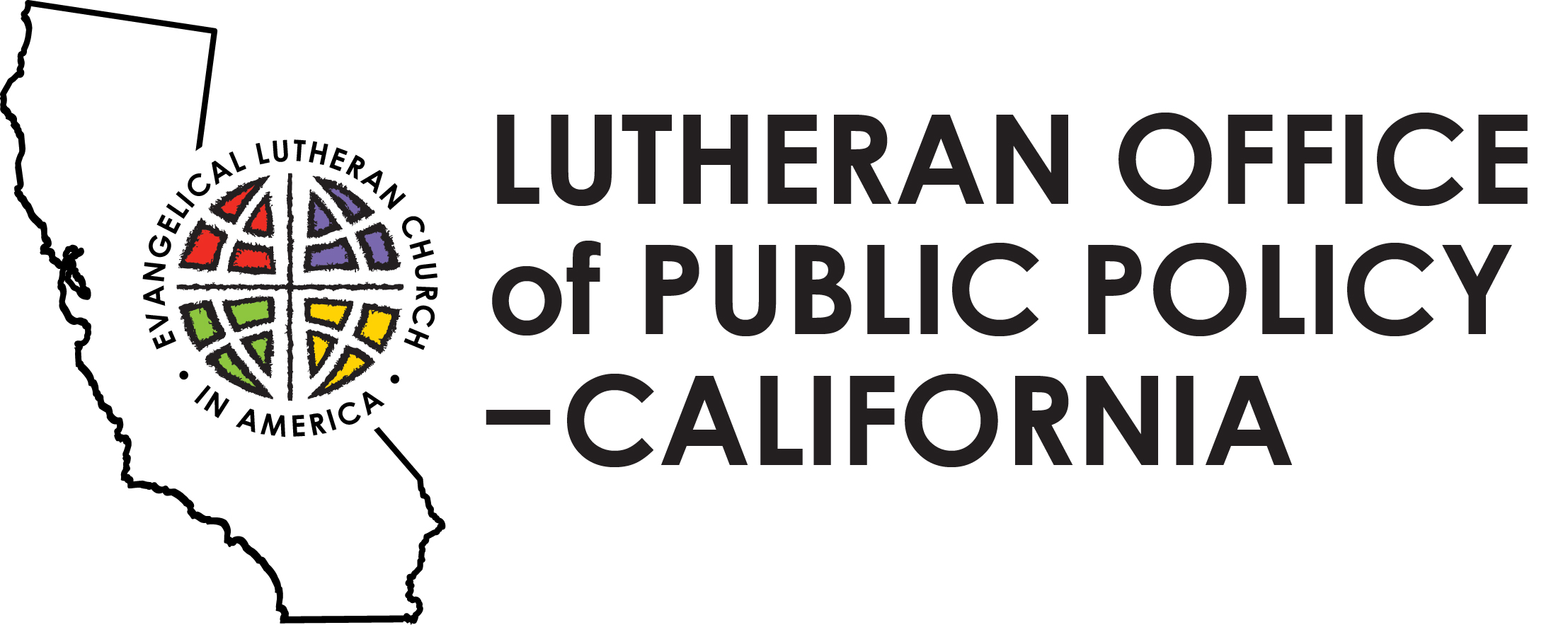ELCA Advocacy Office in Washington, our partners at Lutheran Services in America (LSA), and our ecumenical and interreligious partners are working feverishly to communicate our values in a now-stalled in the U.S. Senate third Covid-19 Stimulus Package. I am writing with two immediate advocacy needs where your personal voices may make a difference.
We are working to amplify priorities for LSA that can be found in their alert below at the end of this email. LSA may be preparing a special communication for you later today to help you to communicate with your members of Congress. Attached are lists of the members of Congress who particularly need to hear from us on their priorities.
Your calls to Senators and your representatives is urgently needed also for our ELCA advocacy for low wealth communities, immigrants, people who are incarcerated and those who are losing income, employment, housing and more. Our longer list of priorities is here. Top line messaging is below. The Capitol Switchboard can connect you to any of your members at 202-224-3121.
ELCA Advocacy asks that you lift up the urgency of responding now along with the following:
- Thank you for your bi-partisan efforts in passing the previous two Covid-19 packages.
- Economic stimulus measures should focus first on low-income and vulnerable communities. Such policies also have the strongest economic impact. Any bailouts and emergency assistance for major industries and businesses must be paired with comparable assistance for economically at risk workers and vulnerable individuals.
- Increase and expand access to nutrition assistance to prevent families and individuals from going hungry. The CDC recommends people stockpile two weeks of food, but families living paycheck-to-paycheck cannot afford to do so. Others may face reduced paychecks because of reduced hours, and school closures will leave children without access to school lunches and breakfasts. Increase SNAP benefit levels and allow flexibility in use, one of the most effective ways to help stimulate the economy and enable stockpiling for self-quarantine.
- Strengthen, expand and modernize Unemployment Insurance in order to provide higher benefits, account for the changing workforce (such as the gig economy), and cover workers who may lose their jobs or face new caregiving responsibilities due to the virus (such as school closures). Expand unemployment eligibility to include people whose hours have been reduced due to decreased demand, those whose wages come primarily from tips, those who have run out of sick days, and high-risk populations who need to self-quarantine to protect themselves.
- As is done in the Families First Coronavirus Response Act (H.R. 6201), any additional employment-focused relief or stimulus legislation must expressly apply to employment at tax-exempt organizations by making tax credits and deductions applicable not just to income taxes, but to the taxes nonprofits pay, such as payroll taxes. Further, Congress should also ensure that relief and stimulus legislation designed to assist for-profit businesses in the areas of unemployment insurance, employee retention, and risk insurance must also address the unique challenges and realities that nonprofits face.
